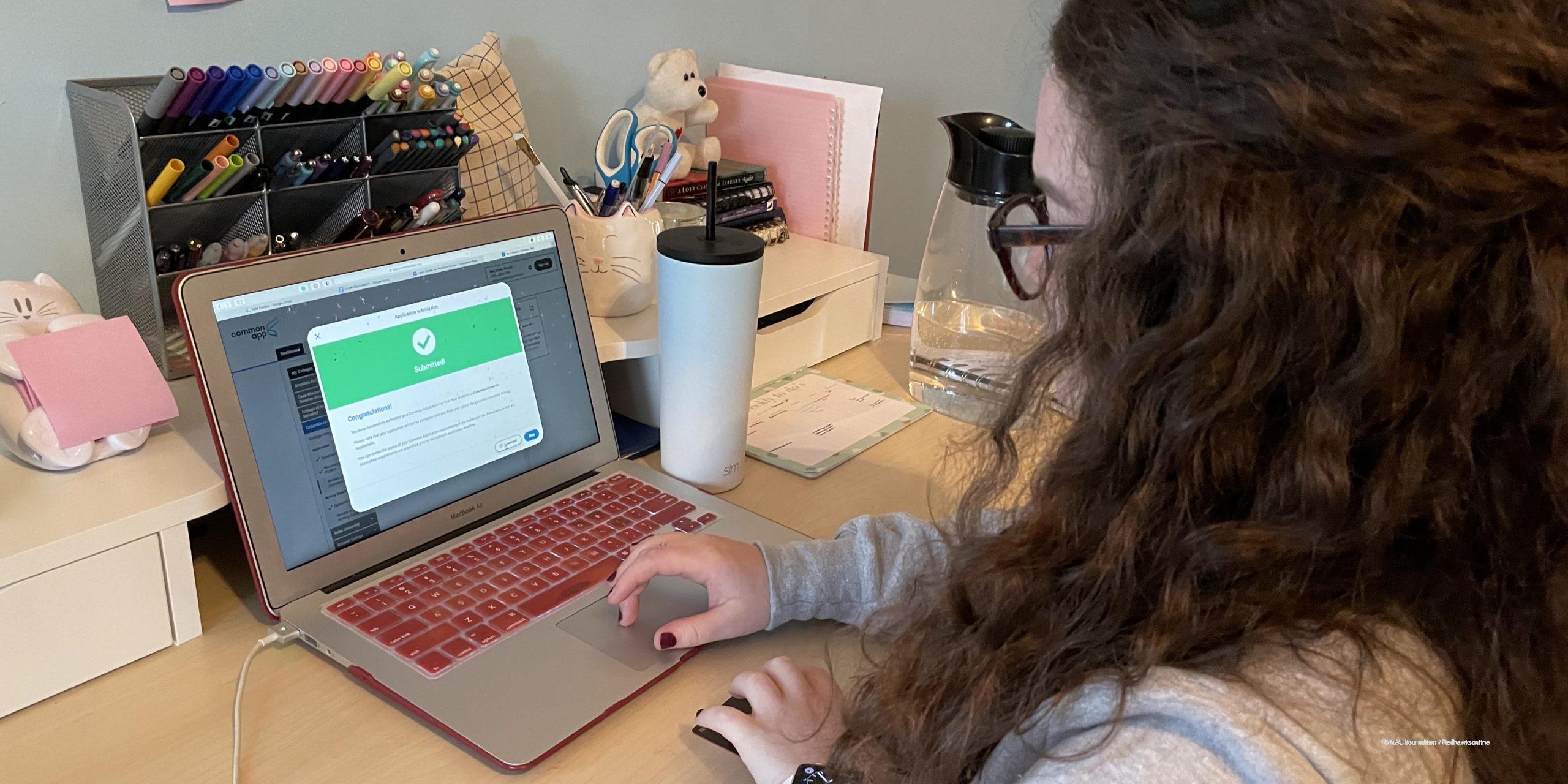The expectation of choosing a major at a young age
“I think it’s really, really important when you go into college, whether you’re decided on a major or not, to be open to changing your mind,” said counselor Kristin Overton.
Choosing a singular field of study that may guide the rest of one’s life is a daunting task. Assigning that task to an 18 -year-old, some would say, is unfair.
“I don’t think it’s beneficial to corral confused 18-year-olds into certain majors and lock them in for life, especially with the amount of money tied to a college education,” said senior Frank Higgins.
Higgins is planning to study history in college, while “not shutting the door on other options such as economics or physics.” His love for the field sprouted when he was only 8 years old and has grown over time with the help of Who Was books and his teachers.
Although there are many students similar to Higgins, who are planted in what fields they wish to study, most students have no idea where to even begin looking.
The American higher-education system does not necessarily guide these students in the most effective way.
“In the United States, from a cultural standpoint, we tend to operate [in a pattern that] goes major, college, career,” says Overton. “When really, it should be pick a career, pick a college, pick a major. It should be the opposite of what we do. We should be more career focused, like ‘what do you want to do for a career, what do you see as your vocation, as your calling, how does that translate to what colleges you apply to and how does that translate to your major?'”
This does not necessarily mean every student needs to have their future career picked out by the start of their senior year.
“I think that high school should be a time to explore academic interests and discover those passions first before worrying about an occupation,” said senior Alex Stanley. “If a student finds a subject they are passionate about, they can most likely find a career that lines up with that and won’t be stuck in a job they don’t like for the rest of their lives.”
As first and second year college students, most will take general classes before diving into specialized classes. This creates a field for students to explore their interests before declaring a major.
While Minnehaha’s high-school curriculum is broad ranging, similar to a college style course selection, many students feel a sudden pressure to specialize once they start applying to colleges, highly selective colleges in particular.
“At some schools, students are admitted based on their major of interest, which can affect their likelihood of being accepted,” said Stanley. “A lot of majors or preprofessional tracks at some schools are very structured, and so you would need to know very early that you would be on that track, which can definitely add stress.”
A majority of stress surrounding college majors sits on high school seniors’ shoulders. This stress can carry into the next four years, whether or not the student is sure of the field they wish to study.
Similar to Overton, who changed majors four times in college, many students will change their major at least once throughout their college career. According to the National Center for Education Statistics (NCES), about 30% of undergraduate students change majors at least once in their first three years of enrollment and 10% change majors at least twice in their first three years of enrollment. In this particular study, 35% of STEM students and 29% of non-STEM students changed their majors.
Although changing majors in college is quite common, some see a slight stigma surrounding the concept of changing paths. As Overton puts it, “deciding, not undecided”.
“I try to remind myself to use the term deciding, as opposed to undecided because you’re deciding. You’re actively taking steps to figure out what it is you want to do with your major, with your college, with your career. You’re not just sitting around like, ‘well, I’m undecided so I guess that’s my life.’ No, you’re deciding.”
Exploring one’s interests can be a challenge, particularly at home.
“It’s hard choosing what you want to do when you’re still in the environment of being at home and being surrounded by what you’ve been surrounded by your entire life,” said Stanley.
Stanley plans to double major in classics (Latin and Greek) and either mathematics or a different STEM-related field. She first fell in love with the Latin language in class and has always wanted to pursue a STEM-related field.
Many aspects can influence a student’s interest in a certain career path. Compared to previous generations, Generation Z seems to sway towards options that positively impact not only their lives, but others’ as well. Whereas previous generations may have been more motivated by family legacy or financial stability.
“[Generation Z] is really, really big on ‘how is [my career] going to impact other people?”’ said Overton. “Think about TOMS Shoes, for example. Okay, you buy a pair, they give a pair. There’s a lot more emphasis on ‘how is the job I’m do- ing impacting the greater good?’ Which I love. I think that’s a great attribute of [Generation Z]. ‘How is what I’m doing every single day from nine to five, 40 hours a week, how is it helping someone?'”
Overton advises students who are deciding to shift their focus to- wards their passions, skills and talents to translate those into a career.
“Be open to trying new things, to putting yourself out there and recognizing that it might take some time before you figure out what you want to do, and that’s okay,” said Overton. “For you to be genuinely and truly happy and satisfied with what you’re doing, it might take some time to get your feet under you.”

